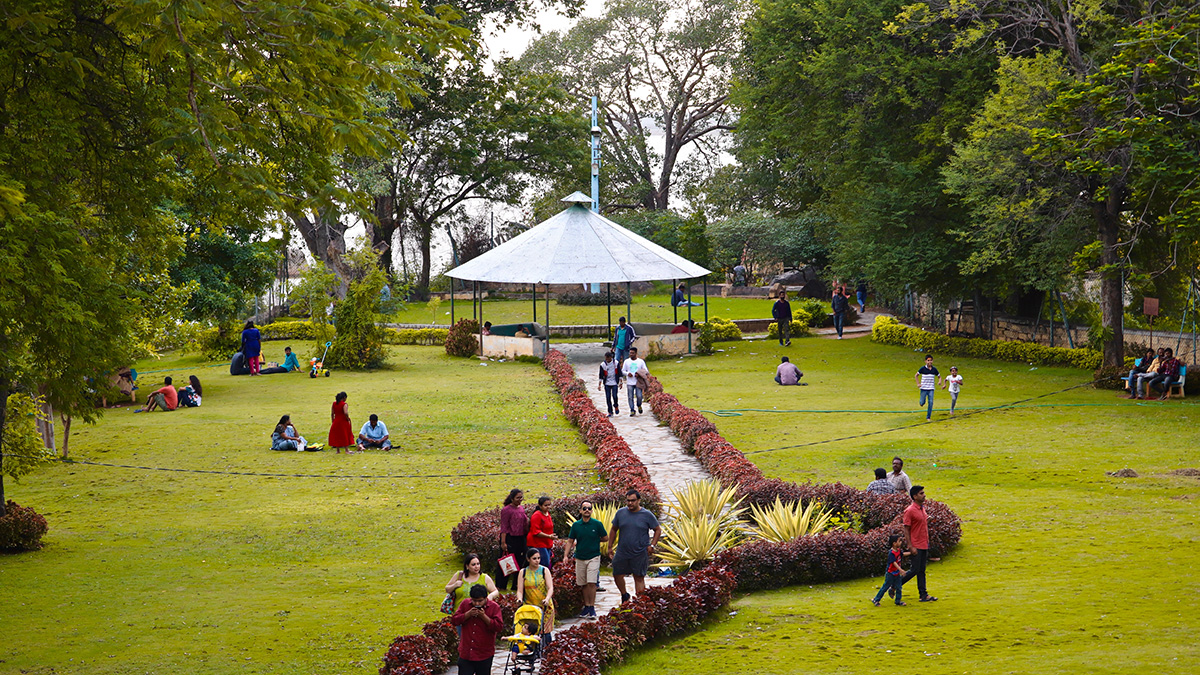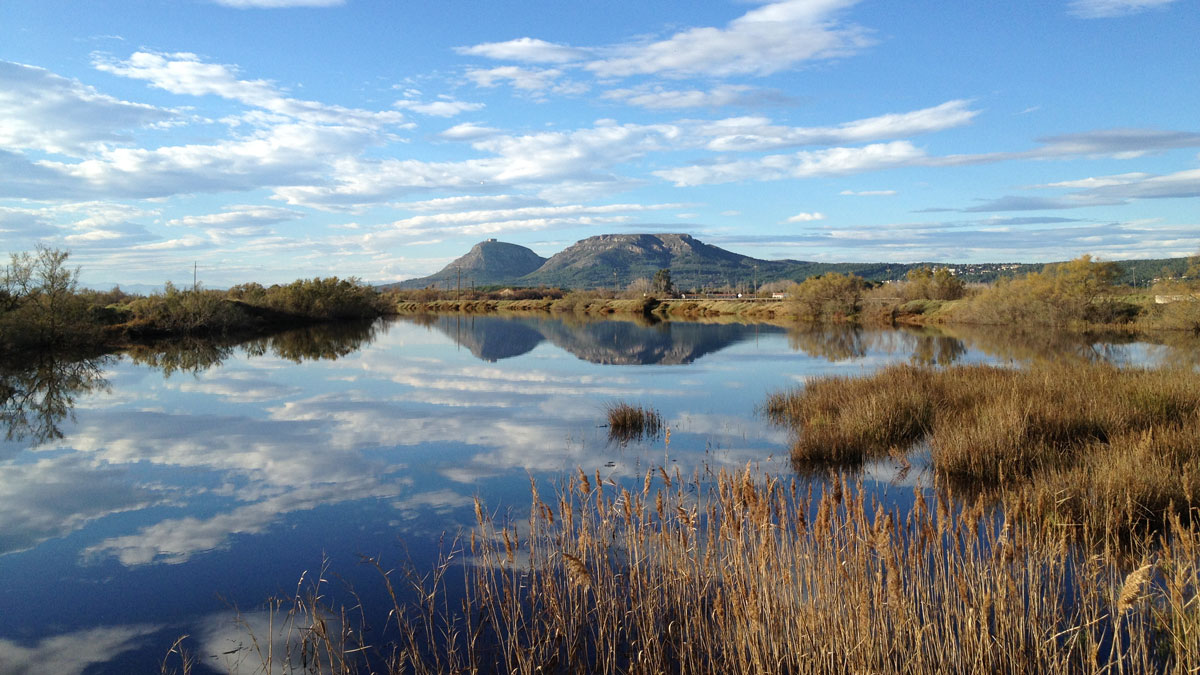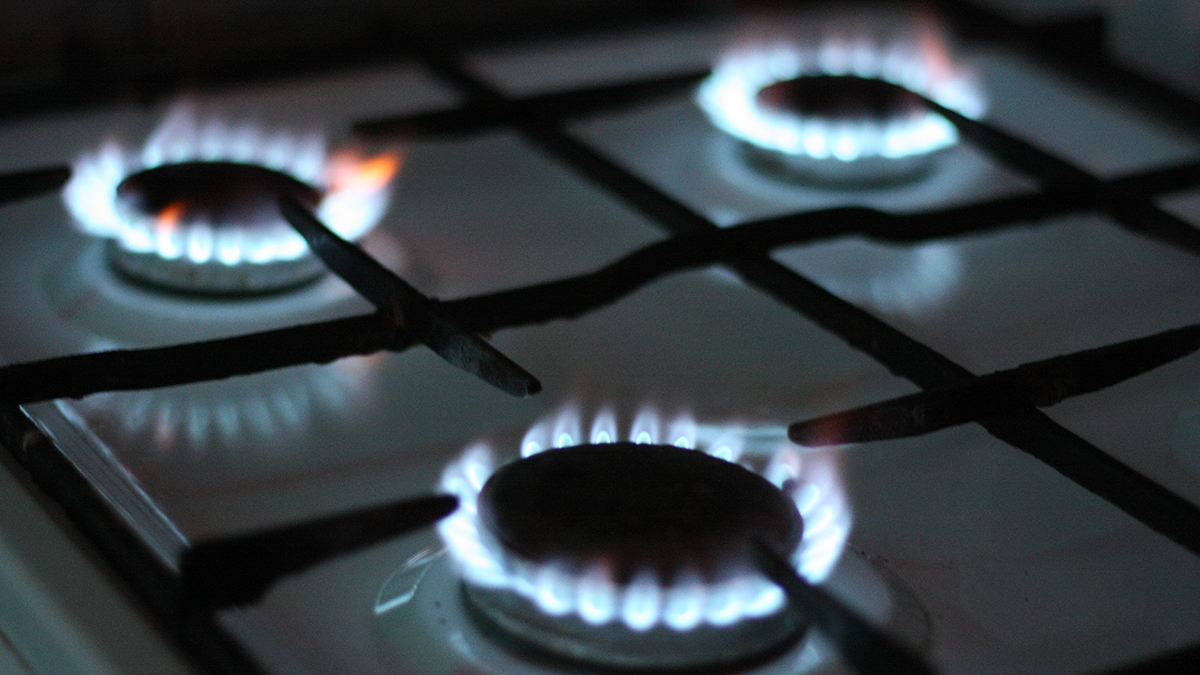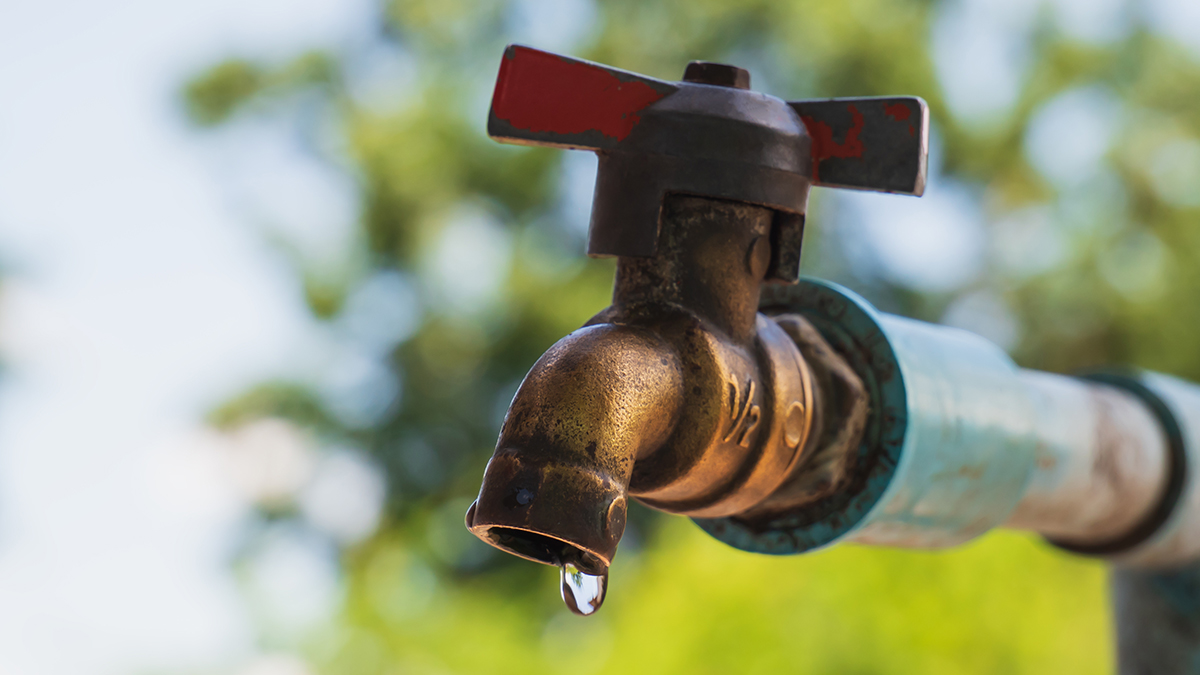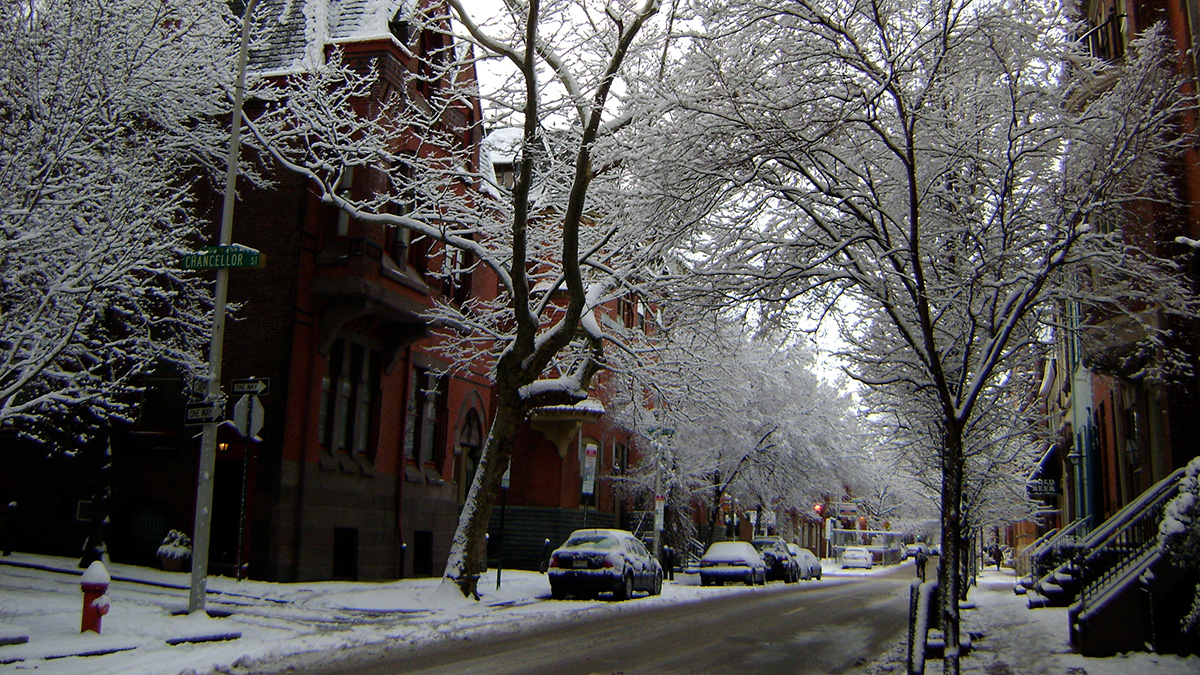Las comunidades de las ciudades necesitan considerar si la absorción del agua o los beneficios del enfriamiento son más importantes al diseñar los espacios verdes urbanos.
public health
Toxic “Forever Chemicals” Accumulate Above the Water Table
PFAS pose a public health risk, but there are major gaps in our knowledge of how these chemicals move through the ground.
Community Scientists Help to Beat the Heat
As cities face health threats from heat and air pollution—both expected to worsen from climate change—researchers pilot a community scientist effort to map air quality and improve urban health.
Hazardous Air Pollutants Found in Cooking Stove Gas
A Boston study revealed that natural gas piped into homes contained 21 toxins on the EPA’s hazardous air pollutant list.
Living near Fumigant-Using Farms Could Increase Cancer Risk
Analysis of data from 11 western U.S. states found higher cancer rates in people living in areas with elevated gas-based pest control.
The Sun Bakes Wildfire Smoke, Changing Its Toxicity
A new study questions the narrative that dilution is the solution to pollution.
Indoor Air Pollution in the Time of Coronavirus
How aerosol scientists spread the word on the airborne transmission of COVID-19–and what it means for cleaning our indoor air.
Uranium Detected in Latinx Communities’ Water Systems
The unsafe contaminant levels could not be attributed to differences in regional geology, water source, or community size. Researchers suggest they are due to a failure of regulatory policy.
Pharmaceuticals Found in Rivers on All Continents
A quarter of 258 observed rivers had unsafe levels of at least one drug. The findings raise concerns about Earth’s aquatic life and the global threat of antimicrobial resistance.
Road Salts Linked to High Sodium Levels in Tap Water
Use of deicing agents may sometimes raise sodium levels in drinking water beyond healthy limits for people on salt-restricted diets.

